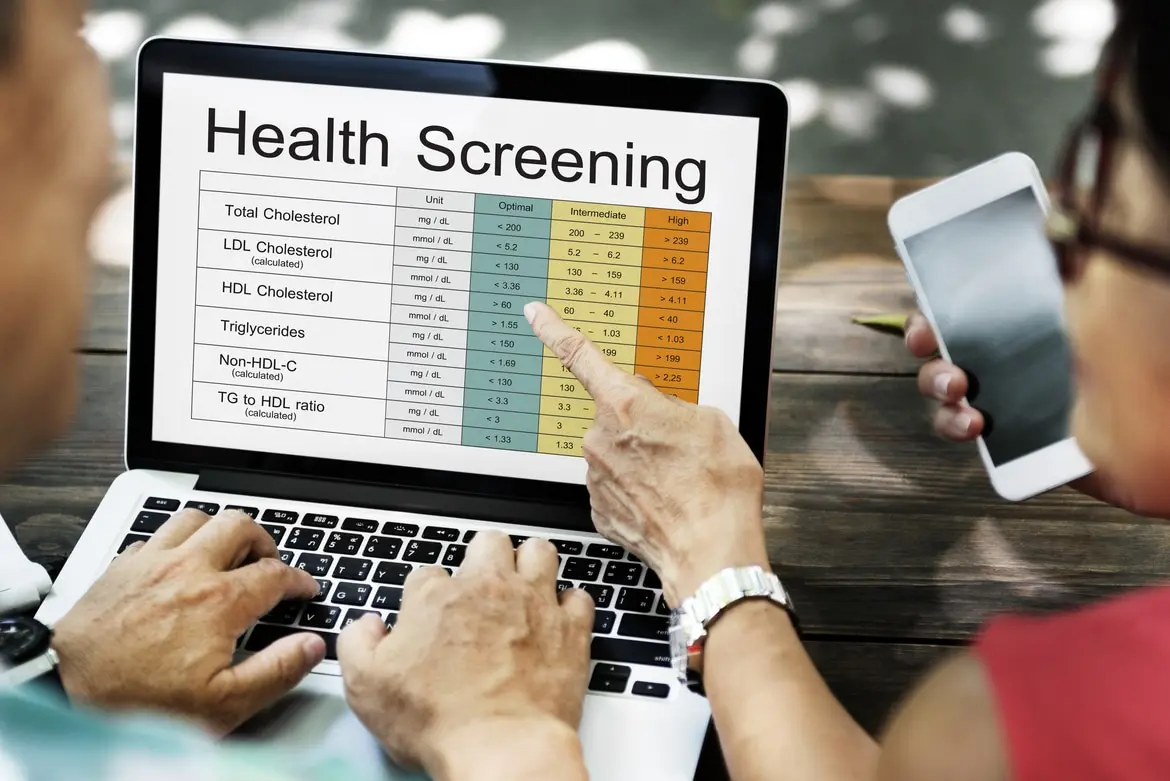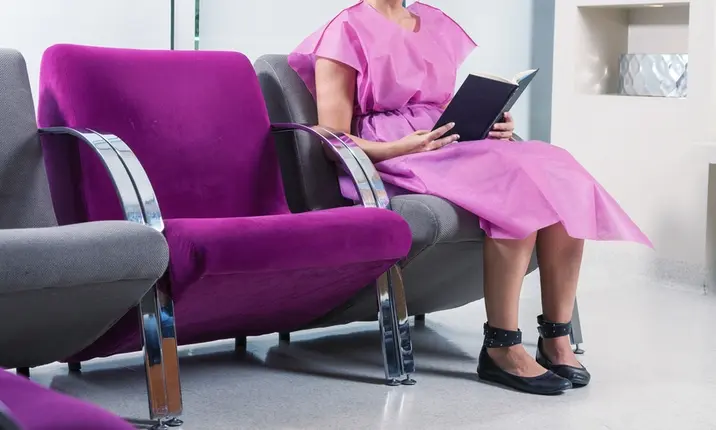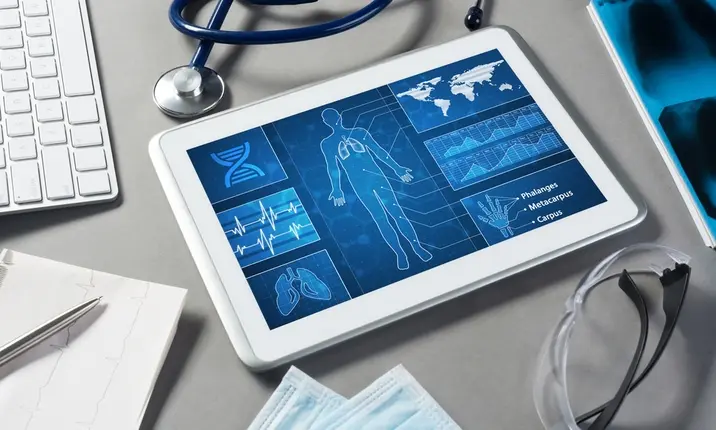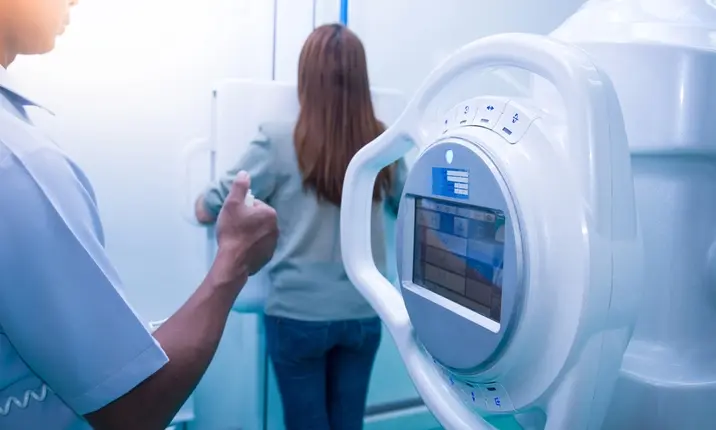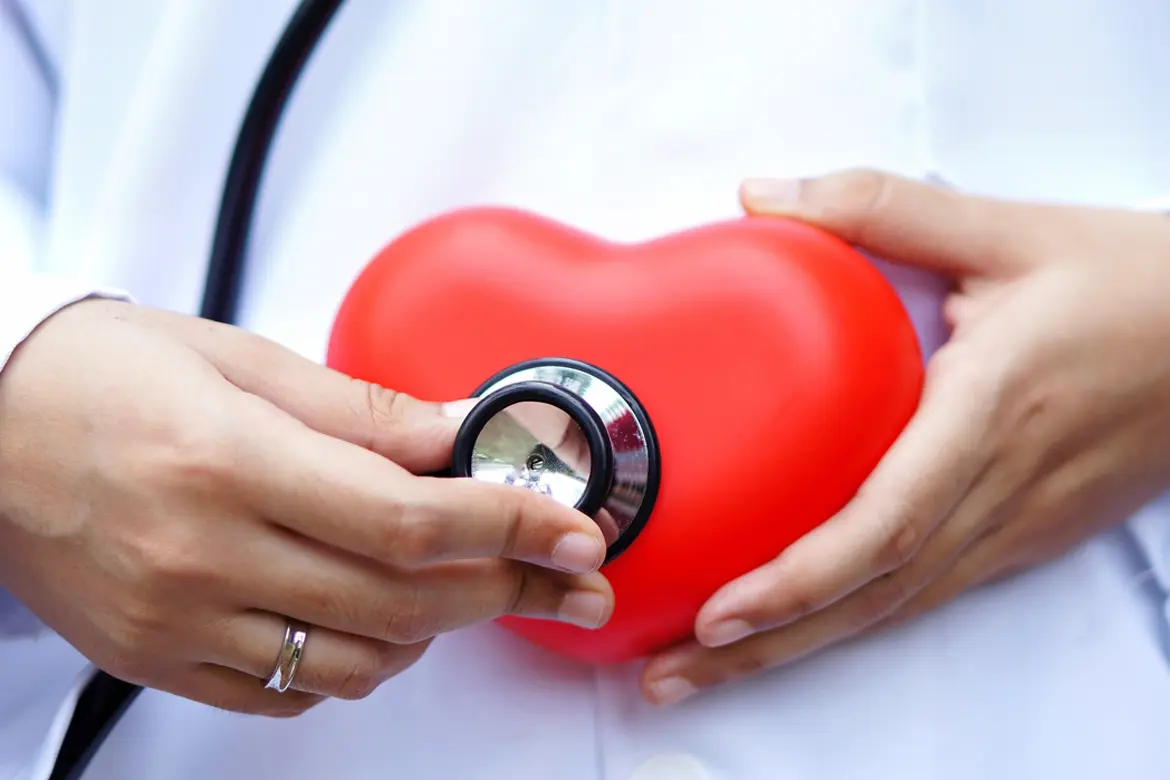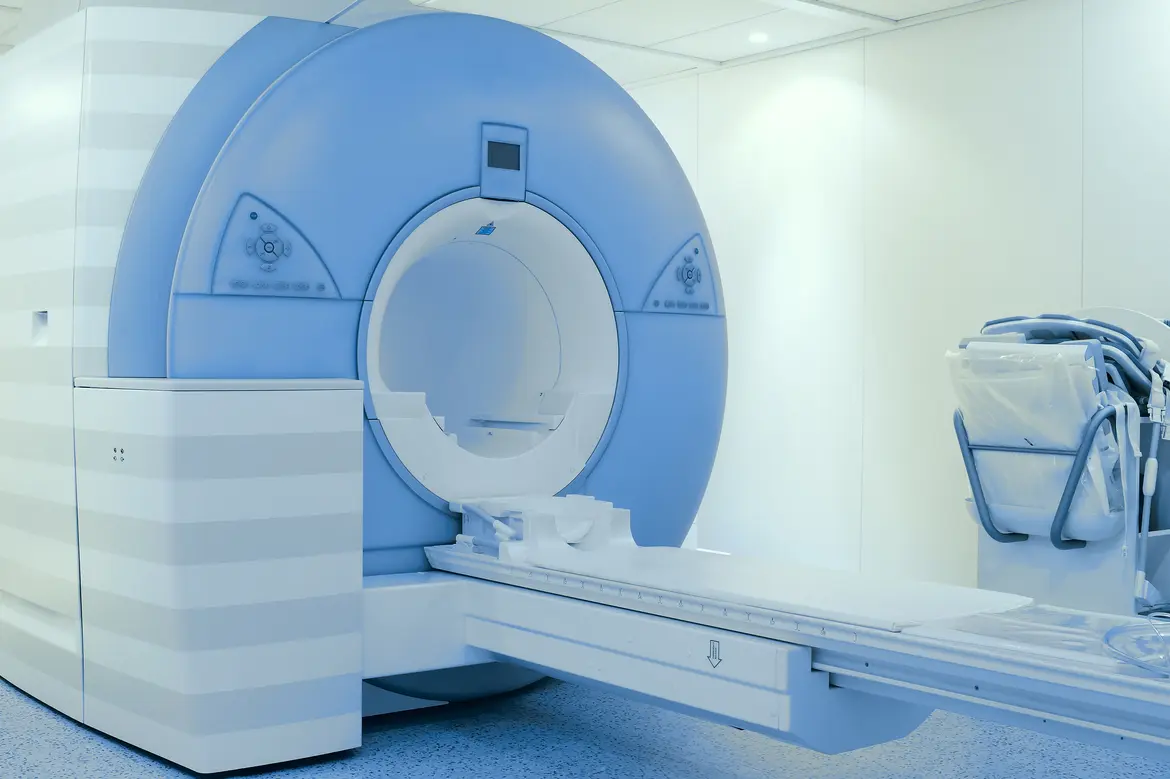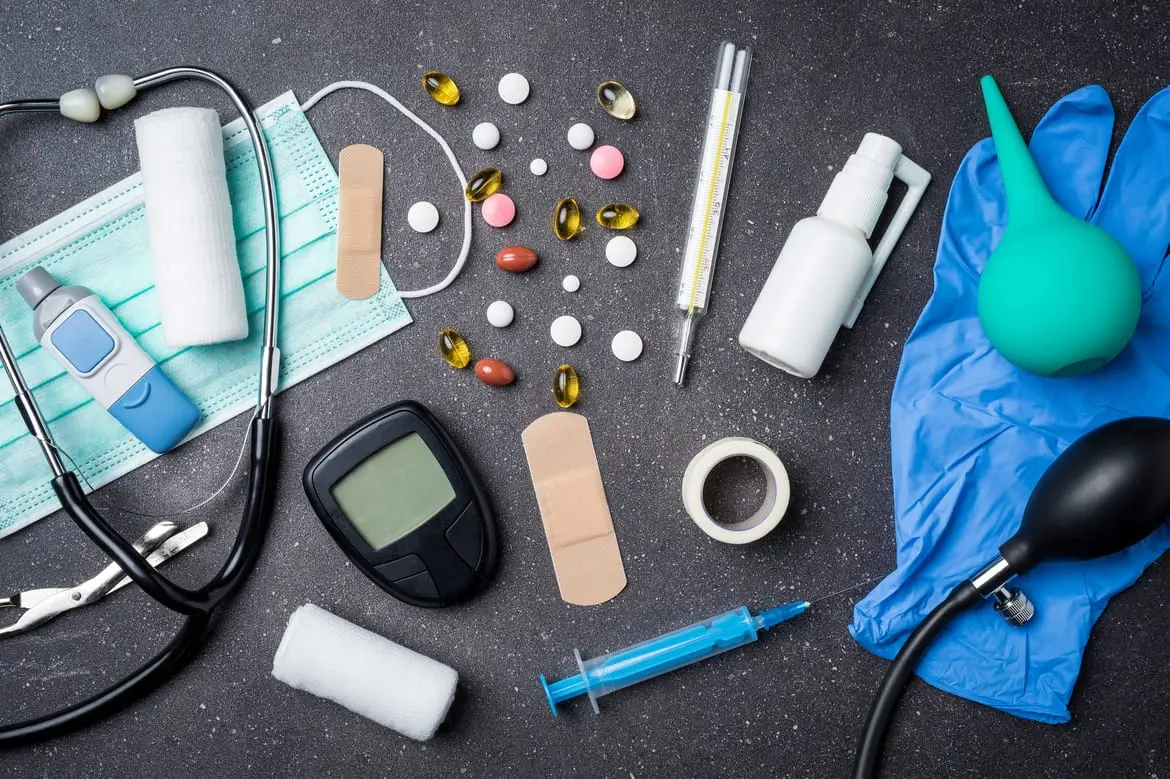Some common ideas about health screening cause unnecessary delay or anxiety, and it is important to dispel them. Here are 6 common assumptions about health screening, and the truth about them.
Myth 1: I was clear during my last health screening – that means I'm safe and don’t need to screen again
Having no health conditions found at your last screening does not mean you are clear today. Your last screening will only pick up health issues that were present then. Regular health screening is needed to detect conditions that may have developed after your previous screening.
Some diseases are more likely to develop with age. Examples include hypertension (high blood pressure), diabetes mellitus and cancer. As our chances of developing these conditions increase, regular health screening is one way to combat problems early and stay healthy as we age.
Myth 2: I only need to go for health screening once every 3 years
The frequency of health screening should be based on the recommendation of your doctor. Your doctor will assess you and make personalised recommendations based on your individual risk factors, eg. age, race, gender, family history and personal medical history.
Based on the Ministry of Health (MOH) guidelines, screening for obesity should begin at age 18 and be done annually.
Screening for hypertension (high blood pressure) should also start from age 18 and be done at least once every 2 years. Screening for diabetes and hyperlipidemia should be done once every 3 years, from the age of 40. If you have certain risk factors (eg. family history of diabetes), the screening should begin at the age of 35.
Screening for colon cancer should be done annually with a stool test from the age of 50 years. A mammogram (breast screening) should be done every 2 years (from age 50 – 69) and a Pap smear every 3 years (from age 25 – 69).
Other tests should be discussed with your doctor.
Myth 3: A basic health screening is enough for me
Basic health screening is generally sufficient for younger people with no personal history or family history of any medical conditions. However, in older patients or those with a personal or family history of medical conditions, the basic health screening may not be enough.
It is important to remember that there is no one-size-fits-all screening package, and screening tests done should be tailored to every individual, taking into account their risk factors. The basic health screening package, in general, is for a young individual without any risk factors.
Myth 4: I feel fine, I don't need health screening
Health screening is different from diagnostic tests, which are done when someone is already showing signs or symptoms of a disease.
Health screening involves the use of physical examinations, tests and other procedures to detect disease early in people who look or feel well. It is aimed at picking up a medical condition or disease at an early stage where there are no symptoms present.
This allows problems to be treated early, increasing chances of recovery or good control, and reducing the risk of complications, suffering or even death.
Myth 5: Comprehensive health screening can detect everything
While the tests used in a health screening are the best available at the point of time, they are not foolproof, ie. they cannot predict results with 100% accuracy. This means that health screening might still fail to pick up certain diseases in some people. Fortunately, this is very rare.
In addition, some diseases can only be picked up by specific tests which are invasive or come with certain risks and side effects. These tests are thus not routinely offered. They are recommended only when the risks outweigh the benefits, such as when a patient experiences signs and symptoms of the disease.
Myth 6: Health screening is uncomfortable and can be painful
Health screening is generally not unpleasant, except for certain procedures like venipuncture for blood taking. You can raise it with your doctor if you are not comfortable with any procedure during the health screening.
Experienced and caring staff, as well as a conducive clinic environment, can help you feel more comfortable and alleviate unease. You may consider bringing a relative or friend to accompany you, and remind yourself that the doctors and staff are working to help you.
Find out more about health screening packages to choose which is right for you!
Need to book a health screening? You can use MyHealth360 to check real-time availability, book an appointment and receive confirmation on your health screening appointments. Learn more about the app or download it on the App Store or via Google Play.
